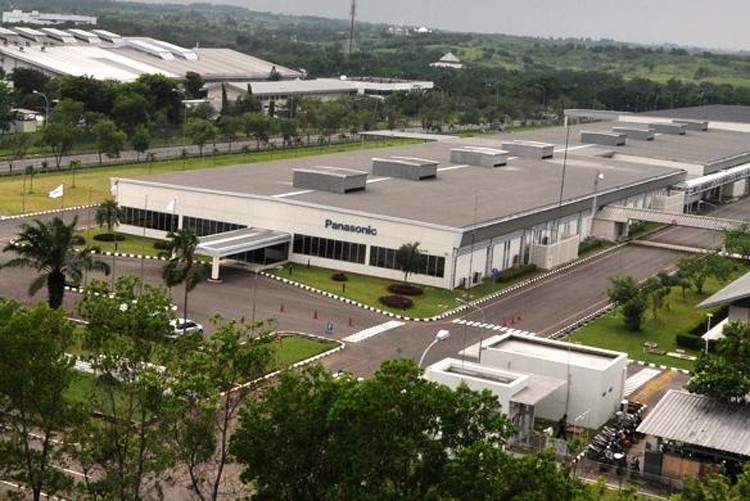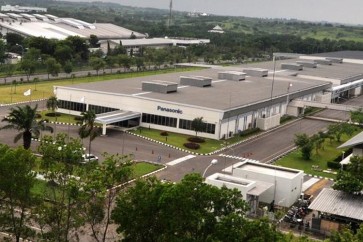Popular Reads
Top Results
Can't find what you're looking for?
View all search resultsPopular Reads
Top Results
Can't find what you're looking for?
View all search resultsGalvanizing the 'buy Indonesian' campaign
It does not take an economist to know that no country can really transform its economy by exclusively relying on raw commodities.
Change text size
Gift Premium Articles
to Anyone
M
any people may have been dismissive of President Joko “Jokowi” Widodo’s recent legitimate indignation about our dependence on imports of goods already produced locally and regard it as just another classic and reckless tirade by a developing country.
However, they might be surprised to learn that even the United States, perceived to be the champion of free trade, has vigorously supported domestic products with various preferential treatments and strict local-content rules for government procurement of goods.
It is worth highlighting that US President Joe Biden is not alone. All around the world, including in developed countries, we witness the revival of the so-called “industrial policy”, active government interventions to support the structural transformation of the economy. The policy has for decades been derided as pernicious among the establishment but has made a comeback as China shows its success and the pandemic underscores the importance of domestic resilience.
The free-trade orthodoxy has of course valid tenets to a certain extent. The international market does a great job in ensuring efficient allocation of resources through the specialization of each country in its comparative advantages. Moreover, economic competition is a powerful force that is essential to unleash innovation.
Nevertheless, we often espouse this theory without taking into account its various caveats. Specializing in comparative advantage tends to be static, if we are a coal exporter today then we should specialize in it forever. It does not take an economist to know that no country can really transform its economy by exclusively relying on raw commodities. As the Norwegian economist Erik Reinert argued, a poor country specializing in its comparative advantage means that it specializes in poverty.
Apart from the theoretical imperfection of free trade, history is littered with evidence of rich countries resorting to “unorthodox” policies as they rapidly grew in the past. This is not only the case for the developmental states in East Asia such as Japan and South Korea, which are famous for their nonconformist policies in bolstering their domestic manufacturing, but it is also true for most Western economies.
In the beginning of the 20th century, when US gross domestic product per capita was similar to Indonesia today (adjusted for inflation), US import tariffs were over five times higher than Indonesia at a similar level of development. This was not a coincidence, the high import tariffs contributed to the remarkable growth of US domestic manufacturing.
















